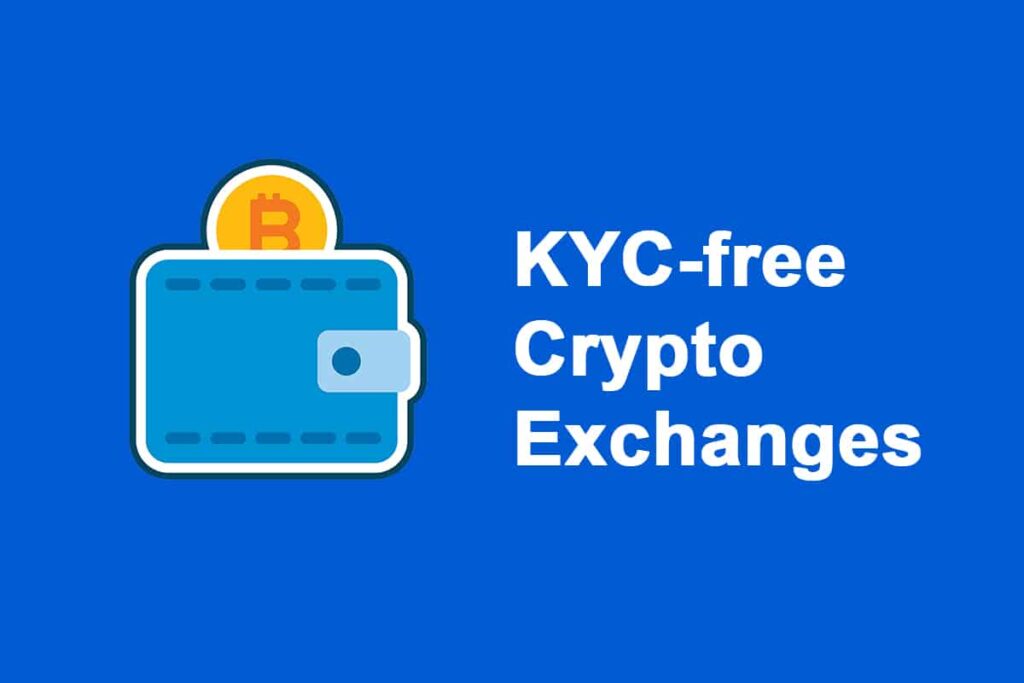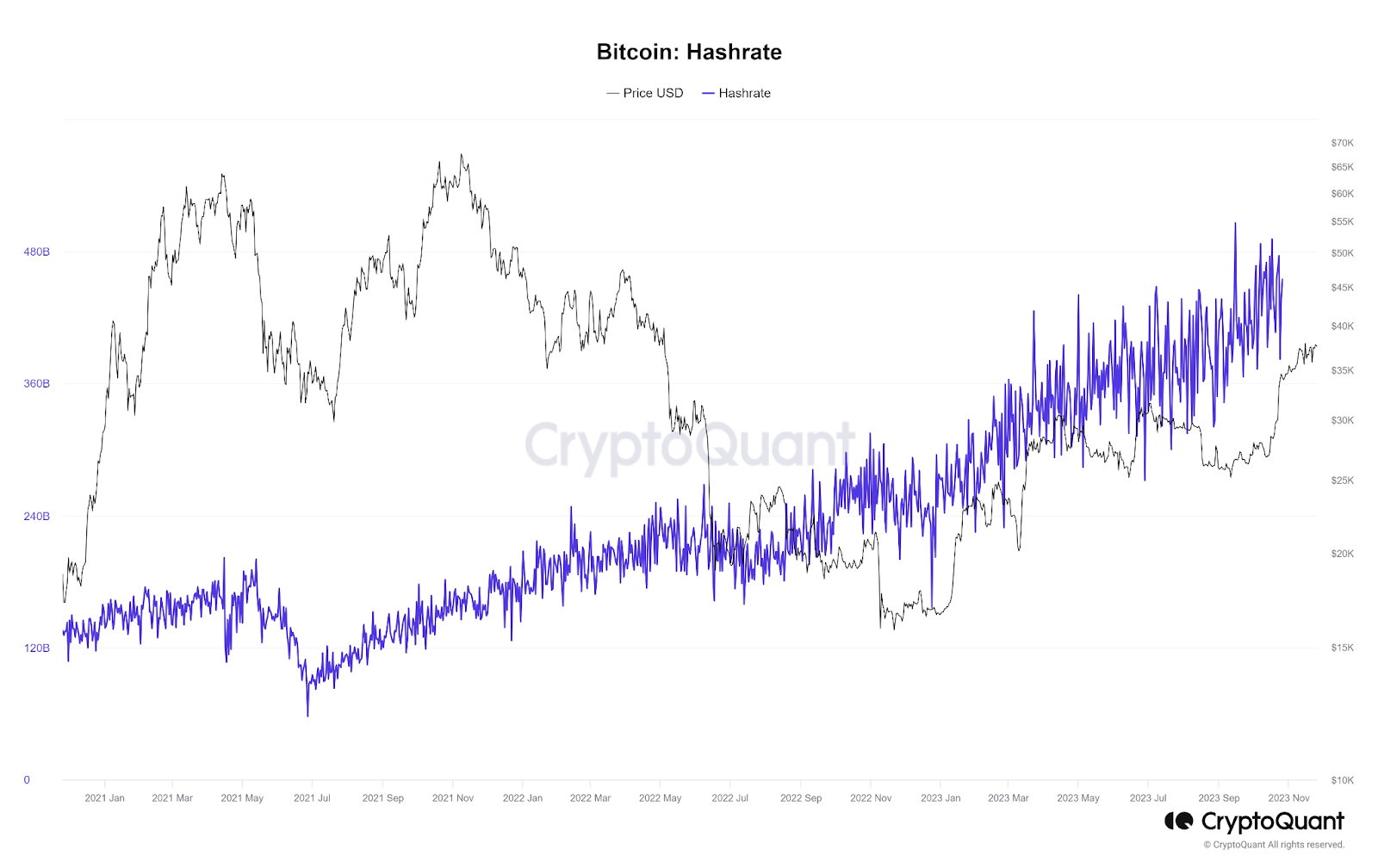What are non-KYC / DEX exchanges, and what is the requirement for them?

Decentralised (DEX) exchanges mean that Cryptos can be exchanged peer-to-peer without the exchange needing to know who you are or needing to store your personal details. In this article I’ll highlight a few examples, and will then home in on one non-KYC exchange in particular that I personally use frequently.
Here is a list of a few example non-KYC / DEX exchanges:
- KuCoin – for straightforward crypto swaps (to onramp from FIAT you do need to go through KYC)
- Pancakeswap – native to BNB chain, this exchange allows you to connect your wallet such as Metamask and stake your funds to the liquidity pool in order to earn the native token Cake rewards, see https://www.coindesk.com/learn/what-is-pancakeswap-heres-how-to-start-using-it/
- Uniswap v2 – also liquidity staking, and allows traders to swap from one ERC-20 (Ethereum blockchain) token to another ERC-20 token
- Uniswap v3 – is the later and more popular Uniswap version which is more advanced, decentralised, secure and efficient.
See https://support.uniswap.orghttps://support.mexc.com/hc/articles/7425482965517-Uniswap-V3-vs-V2 for differences between v2 and v3 - Localmonero – for peer-to-peer swap of cash for Monero (similar to the now-defunct Localbitcoins for Btc)
- Tradeogre – a decentralised non-KYC exchange which allows you to purchase Cryptos and Altcoins using Bitcoin or USDT, and where you can sell the Altcoins back to ‘blue chip’ Cryptos
It’s worth also noting that wallets such as AtomicDEX, Edge Wallet, Exodus and CakeWallet allow you to swap one crypto for another within an exchange service provided in the wallet itself, and this is of course completely non-KYC.
I recommend you read up on all of the above for further info, and to use a Crypto expression, DYOR!
Benefits of Non-KYC/DEX Exchanges
- These may enable users to trade Cryptos in lands where Crypto is currently banned
- They are arguably truer to Satoshis original vision of peer-to-peer sound money transactions without a 3rd party governing the transaction. With a CEX the banking system is ultimately still involved at the onramp/offramp stages, and a user can be denied service by the CEX or potentially have their account disabled by the exchange.
Quoting from the very first sentence of Satoshi’s Bitcoin Whitepaper:“A purely peer-to-peer version of electronic cash would allow online payments to be sent directly from one party to another without going through a financial institution.”
The CEX ultimately assumes functions and responsibilities similar to a bank
- User details are not stored on the exchange, hence personal data is less likely to be hacked
- Fees can be lower for trading
- Many Altcoins are available which otherwise may not be available on a CEX. Beware though, some Altcoin projects have turned out to be scams!
Benefits of KYC/CEX Exchanges
I do not mean in this article to trash the CEXs as they do also serve an important function and would certainly be the recommended entry point for a newbie to Crypto.
- Centralised exchanges serve the useful function of being able to on-ramp FIAT money and off-ramp from Crypto back to FIAT into your bank account. These are generally more user friendly and may arguably offer better service and support than a DEX / non-KYC exchange typically would
- The centralised Exchanges generally provide greater liquidity of assets and hence it can be easier to make a quick purchase or trade than it could be on a DEX with less liquidity
Looking at an Example of Non-KYC Exchanges
In order to use Tradeogre, you will need to register an account using your email and password. You will also need to set up Google Authenticator on your mobile device which will be required when first logging in as well as when you move Crypto off of the exchange to your own wallet. As well as these steps, you will need to pass through 2 pages of image captcha in order to get through to the site.
I recommend you send a fully fungible, private Crypto such as Monero to TradeOgre, not Bitcoin (a compromise would be to send Litecoin to TradeOgre if expediency is the priority). Note you will have to convert the funds you send to TradeOgre back to either Bitcoin or USDT in order to purchase Altcoins.
Note the good news is you can trade for Monero on MEXC! See https://www.mexc.com/margin/XMR_USDT – as MEXC is KYC, you will of course need to register and sign in.
See my video here which shows you an example of how to purchase Pirate Chain on TradeOgre.
For support contact Tradeogre via their Twitter page, from my experience their support has been prompt and pretty good!
Remember: do not leave your Crypto assets on a non-KYC exchange. Move them to your own wallet – ‘not your keys, not your Crypto’. Always write down your private keys on a piece of paper or other physical medium, and store these somewhere secure such as in your safe (unless you are able to memorize your seed phrase). Also make a note of your wallet blockchain height for ease of restoring your wallet.
As the FTX debacle illustrates, exchanges can fail and your funds be lost!
Join MEXC and Get up to $10,000 Bonus!
Sign Up


